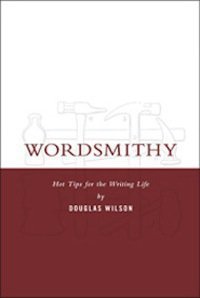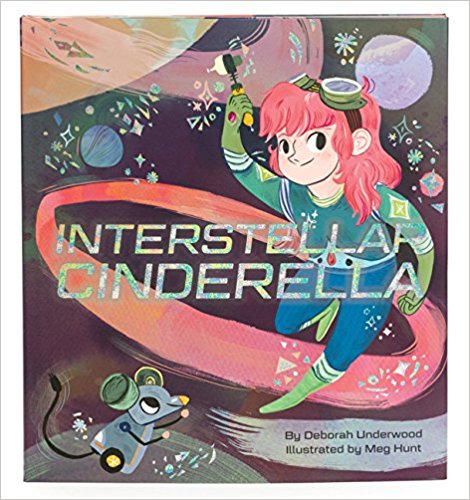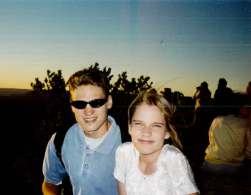 I do not think books about writing are supposed to make you laugh. They are expected to be boring and monotonous. Douglas Wilson’s book entitled Wordsmithy is entirely different from my composition textbook readings of my past. This book inspires you to endear and explore further the English language and how to use it. It is evident from the beginning that he is one who loves words and gets a kick out of how to use them.
I do not think books about writing are supposed to make you laugh. They are expected to be boring and monotonous. Douglas Wilson’s book entitled Wordsmithy is entirely different from my composition textbook readings of my past. This book inspires you to endear and explore further the English language and how to use it. It is evident from the beginning that he is one who loves words and gets a kick out of how to use them.
This punchy, quick read covers seven tips for writers. Each tip is expounded upon with seven subsequent tips to drive home further the original tip presented. Wilson begins with a chapter hitting on the authenticity that we should contain as writers. In a world where authenticity is prized heavily, Wilson writes “live a real life, the kind God watches. Beware of the authenticity fraud.”
Wilson encourages writers in chapter two with the title “Read Until Your Brain Creaks.” Writers should be “voracious” readers: reading often, reading widely of a diverse collection of worthy works, and not reading as if cramming for a test. Wilson gives a charge to the action of plodding when it comes to reading, which is consequently the title of his new podcast called the Plodcast. This plodding is an act of setting goals and slowly, page-by-page, moving forward.
Chapters three and six provide straightforward and logical application points on how one is to love words. Chapter six focuses on learning other languages and the benefits that come along. The learning of Latin, Greek, and Hebrew can help writers understand their language. In chapter three Wilson says to read dictionaries, books on writing mechanics, books by “word-fussers,” and finally books of quotes and anecdotes, with an end goal that you may have mastered the mechanics of writing through a collection of knowledge and studying them.
The next tip presented is the admonishment not to expect perfection dripping from your pen the first go around. “Be at peace for being lousy for a while. Chesterton once said that anything worth doing was worth doing badly. He was right”. He spends a small bit reminding us that talent is not a fixed ability. We have the capacity to grow and become equipped to do a task well if the work and time are rightly put into it. “Do what you love to do someday” is one of the better lines that he offers in this section to those that might be discouraged at initial writings.
Rounding out his seven tips for writers, the final chapter is centered around keeping a commonplace. This journal is to be a place where colorful and vibrant words and phrases are stored to be used at a later time. “The writer’s life is a scavenger’s life,” Wilson remarks. I have filled mine amply with many words and quotes from this book, which has gotten me off to a great start in my commonplace.
This book is a worthwhile read to get those looking to be inspired and equipped with a small toolkit for what is ahead. Wilson practices fluently what he preaches as he writes with levity and brevity to make impactful points by the bushels. I especially appreciated the practicality of some of the tips and have already brought many of them into my process of becoming a plodding writer.
Share this:





